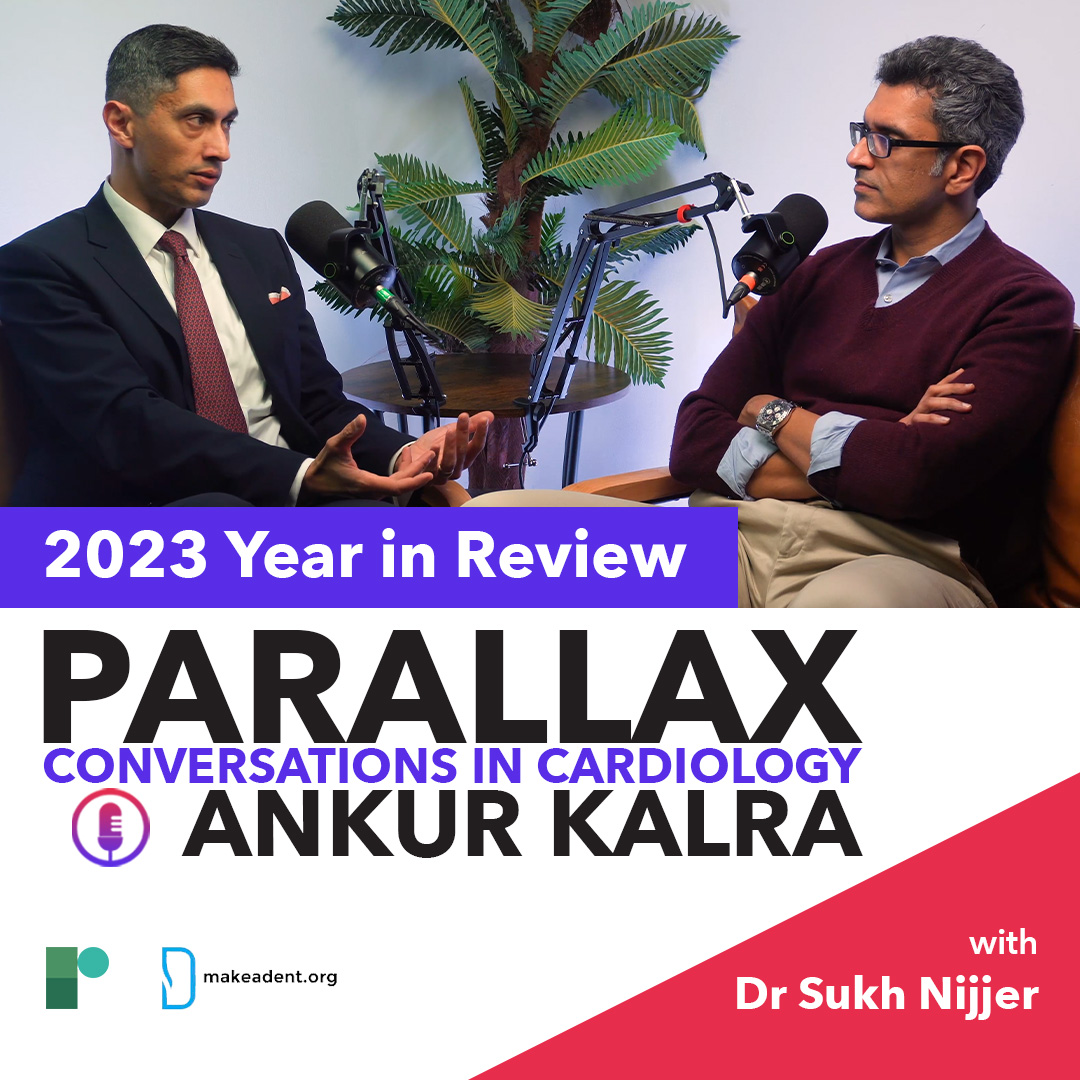
In this week's Parallax podcast, Dr Ankur Kalra welcomes back Dr Sukhjinder Nijjer for their much-anticipated annual review of advancements in cardiovascular medicine that defined the year 2023.
Dr Nijjer, a Consultant Cardiologist in the UK, serves as the President of the Royal Society of Medicine and is an Honorary Senior Clinical Lecturer at Imperial College London.
Drs Kalra and Nijjer share their perspectives and experiences, offering valuable insights, practical tips and considerations when interpreting this year’s most impactful trials:
• ORBITA-2 (AHA Scientific Sessions): PCI for stable angina
• FIRE (ESC Congress): Functional versus culprit-only revascularization in elderly patients with myocardial infarction and multivessel disease
• DAPA-MI (AHA Scientific Sessions): SGLT2i in MI without diabetes or heart failure
• ILUMIEN IV (ESC Congress): OCT vs angiography-guided PCI
• OCTOBER (ESC Congress): OCT or Angiography Guidance for PCI in Complex Bifurcation Lesions
• ARTESIA (ESC Congress): Apixaban for Stroke Prevention in Subclinical Atrial Fibrillation
• SELECT (AHA Scientific Sessions): Semaglutide and Cardiovascular Outcomes in Obesity without Diabetes
What are the most impactful cardiovascular trials of 2023? How do Dr Kalra and Dr Nijjer integrate the latest information into their daily practices?
Catch the video version with slides by clicking here.
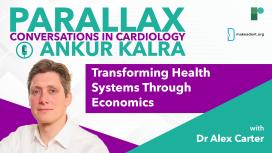
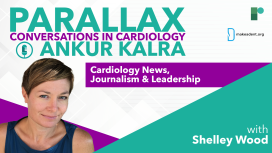
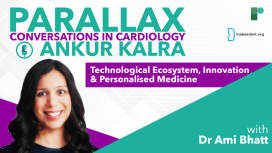
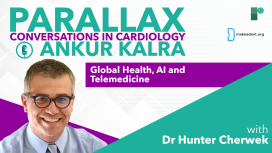
They talk about AI assisted consultation, learning pathways incorporating simulators for early career practitioners and the Flying Eye Hospital. Dr Cherwek shares his experiences about working with local teams globally and the work that goes into setting up trials across the world.
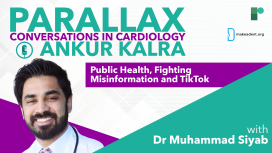
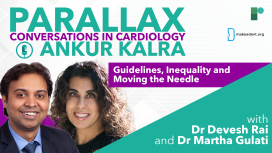
Dr Ankur Kalra’s guests this week are Dr Martha Gulati, internationally recognized cardiologist specializing in Women and Heart Disease, Heart Disease Prevention and Dr Devesh Rai, first year cardiology fellow at Rochester General Hospital.
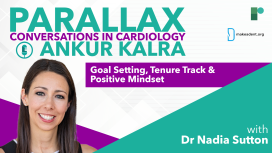
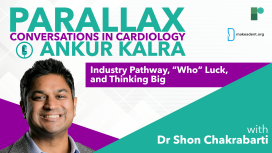
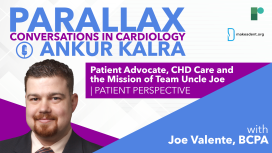
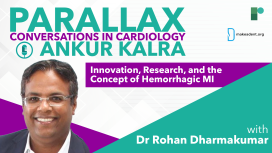
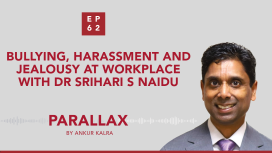

Parallax’s guest this week is Dr Eric David Adler, Medical director of heart transplant and mechanical circulatory support at UC San Diego Health.

How did Dr Gragossian receive her diagnosis? How does she feel about her new reality? What drives her? What is her message to our listeners?

Just after 9/11, Heval, the 18-year-old Syrian Kurdish refugee found a job as a dishwasher. At this point, he was the sole provider of his family. The pressure that comes from being poor did not leave him for many years. Today, he is firm believer in giving back to underserved communities by spreading awareness within the medical community. As he says, well-meaning people of privilege are sometimes afraid to act. What we need is more people to bridge the gap and find ways to help each other.

What drives Dr Nishtha Sodhi? What were the formative moments of Dr Sodhi’s career? What are the new frontiers of cardiology?






